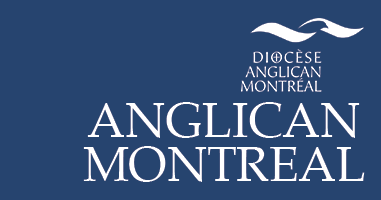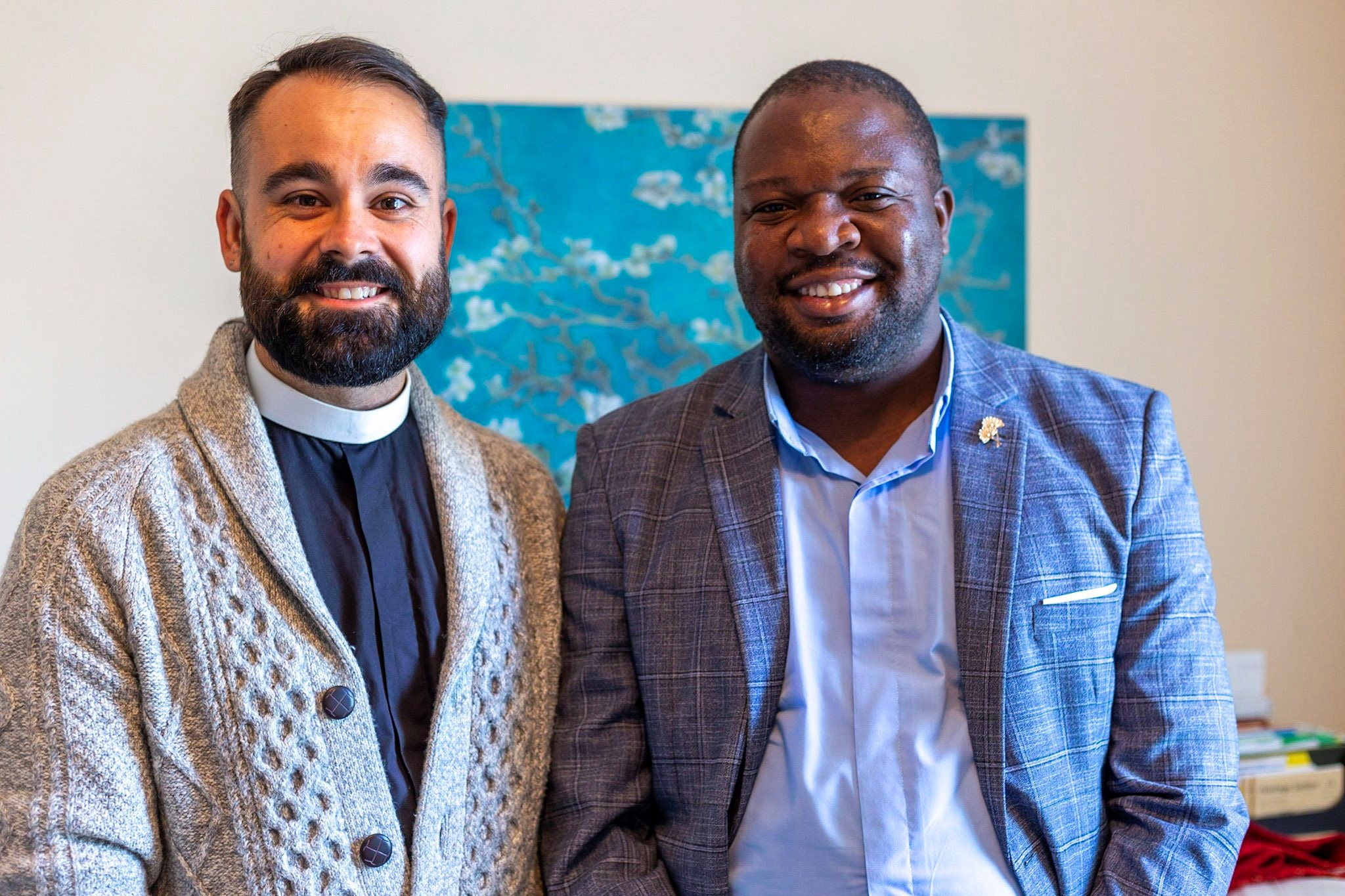The Diocese of Montreal has had a longterm partnership relationship with the Diocese of Masasi, in southeastern Tanzania, since 2007. The Diocese of Masasi was founded in 1926, when Tanzania (known at the time as British Tanganyika) was still a colonial territory. Today, the Diocese of Masasi covers some 68,000 square kilometres, and encompasses 230 churches.
Swahili is the official language of Tanzania, but 126 different tribal languages are also spoken throughout the country. Masasi is inhabited mostly by small-scale subsistence farmers. The land is dry, and severe drought is a common hardship, increasingly exacerbated by the growing climate change crisis: the cashew crop, a mainstay of the local economy, repeatedly fails.
In 2015, I had the privilege of visiting Masasi as part of a youth delegation. During our time there we had the opportunity to dialogue with other young people from across the diocese. It was on this trip that I first met Fr. Linus Buriani, a young priest whom the Partnerships Committee has been sponsoring to attain a Bachelors in Theology at McGill University over the last two years.
Fr. Linus will soon be completing his studies in Montreal and returning to Masasi, where he will take up the position of principal at St. Cyprian’s College. St. Cyprian’s College is Masasi’s diocesan theological school; it is hoped that with his new education Fr. Linus will help to make St. Cyprian’s College a regional centre for theological education throughout East Africa. Recently, I interviewed Fr. Linus to hear his perspective on the last two years.
What do you think is the benefit of diocesan partnerships?
Diocesan partnerships provide important opportunities for building up the body of Christ across cultural backgrounds: we pray together, we pray for each other, we share our experiences, we learn from one another.
What is your favourite thing about studying in Montreal?
I have really enjoyed having access to libraries. Studying in Tanzania, education is heavily dependent upon what knowledge the teacher can provide. Studying here in Canada, I have loved reading so many books, and being able to use the McGill Birks Reading Room and the library at Presbyterian College. I love to read, and the experience of studying here makes me want to write my own book!
What was the biggest challenge you faced studying in Montreal?
The biggest challenge I faced was being so far away from my family — especially my children. I am thankful for the communication technology that has kept us together across such big distances.
What do you think is the single most important thing you have learnt from your studies in Montreal?
Many priests in my country have not had the opportunity to study theology at a higher level; schooling is expensive, and not everyone can afford it. Studying at McGill, I have learnt the importance of investing in the theological education of the Church’s leaders (both lay and ordained) so that they can better perform in their ministry. Education is important. I hope that my studies will strengthen the quality of education that we can provide to our own students at St. Cyprian’s College.
Is there anything you’d like the churches of the Diocese of Montreal to know?
I want to thank the Diocese of Montreal for giving me the opportunity to fulfil my dream of studying at McGill, one of the major universities that the world has to offer. I am extremely thankful for this opportunity, which was only made possible because of your generosity.


